
Home
Publications
Publications
Showing 0 to 0 of 0 results
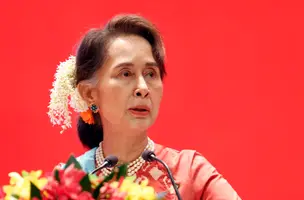
Statements
2025-06-25T21:46:30
Southeast Asian MPs Condemn Myanmar Junta’s Arrest of Flower-Wearing Civilians, Demand Immediate Release

Statements
2025-06-25T16:51:49
APHR Condemns Killing of Filipino Human Rights Defender, Demands Swift and Impartial Investigation
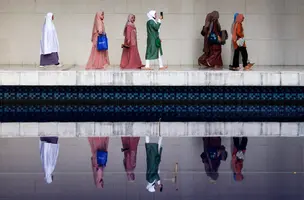
Statements
2025-06-24T12:28:51
Sisters in Islam Case a Turning Point for Civil Liberties, Declares Southeast Asian Policymakers
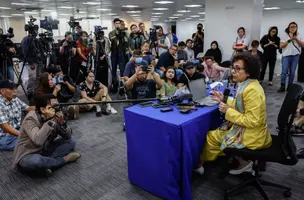
Statements
2025-06-19T15:11:46
APHR to Marcos Administration: End Red-Tagging, Free Human Rights Defenders, Act on UN Recommendations Now

Statements
2025-06-12T07:00:20
APHR Demands Protection of Filipino Fisherfolk, Calls for an end to US-China Militarization of the Philippine Seas
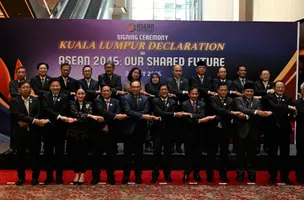
Statements
2025-05-30T17:39:11
ASEAN Vision 2045 Falling Short on Human Rights and Democratic Reform, Says APHR
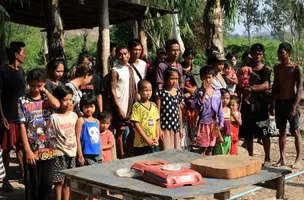
Statements
2025-05-30T10:03:16
ASEAN’s Statement on Expanded Ceasefire Falls Short; Myanmar Crisis Needs Concrete Measures, Says APHR
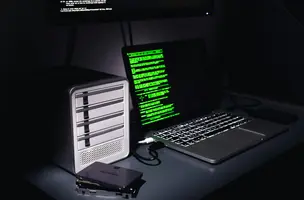
Statements
2025-05-28T14:01:19
APHR Calls for Urgent Regional Action to Dismantle Southeast Asia’s Expanding Cyberscam Industry
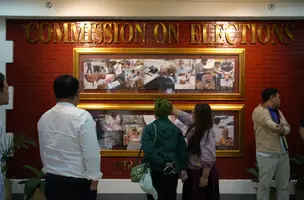
Statements
2025-05-15T15:44:11
Machine Failures, Dynasties, Harassment and No Secret Ballot: Southeast Asian MPs Question 2025 Philippine Midterms Integrity
TOP
ASEAN Parliamentarians for Human Rights (APHR) was founded in June 2013 with the objective of promoting democracy and human rights across Southeast Asia. Our founding members include many of the region's most progressive Members of Parliament (MPs), with a proven track record of human rights advocacy work.
Copyright © 2024-2025 All Rights Reserved - ASEAN Parliamentarians for Human Rights (APHR)
Website by Bordermedia